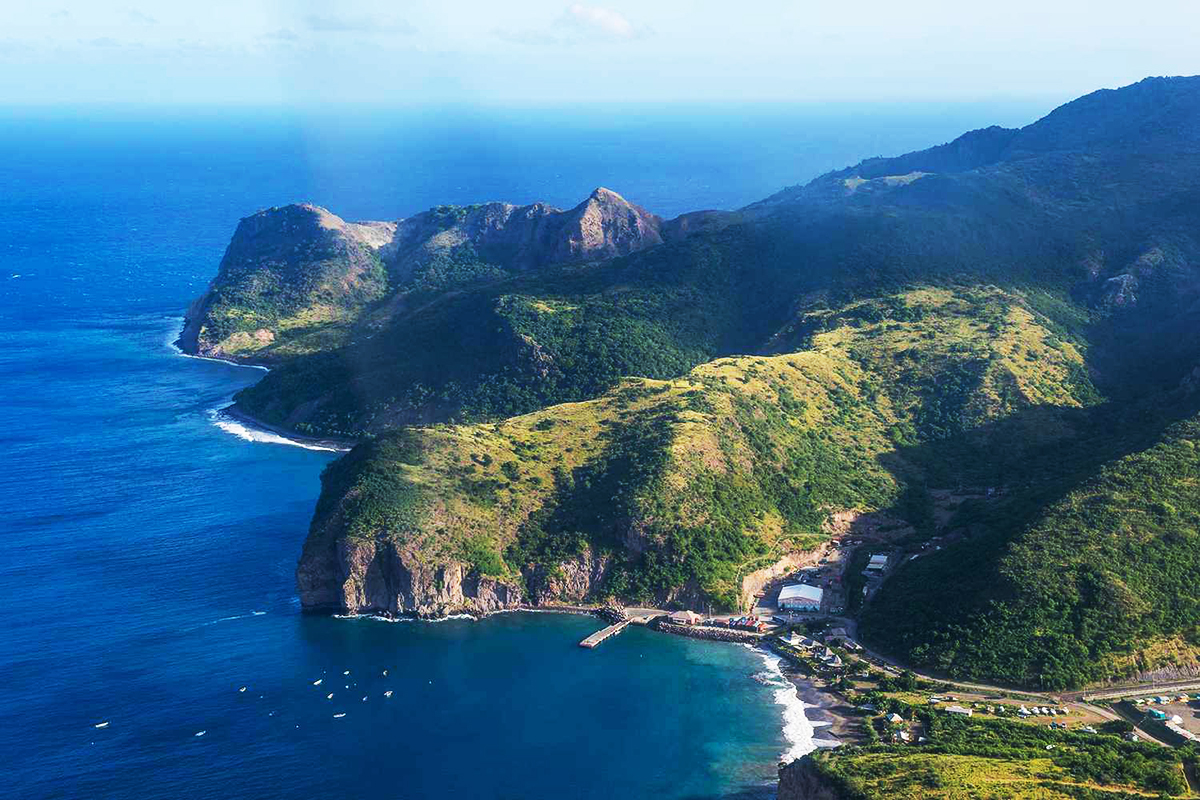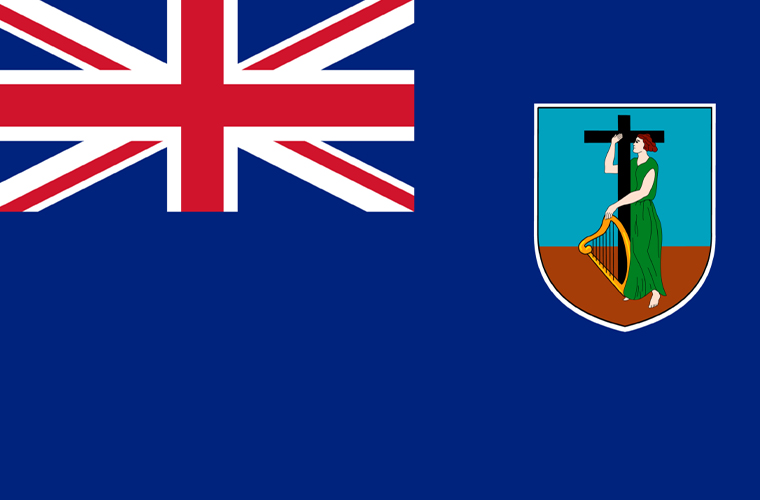Montserrat is a small island territory located in the Caribbean Sea. It is part of the Lesser Antilles chain of islands and is situated southeast of Puerto Rico.
Here are some key details about Montserrat:
Geography: Montserrat is known as the “Emerald Isle of the Caribbean” due to its lush green landscapes. The island has an area of approximately 102 square kilometers (39 square miles) and is predominantly mountainous. The Soufrière Hills volcano, which became active in the 1990s, is a prominent feature on the island.
History and Governance: Montserrat is a British Overseas Territory, and its governance follows a parliamentary democracy under British rule. It has a governor appointed by the British monarch and an elected Legislative Assembly. Montserrat has a small population of around 5,000 people.

Volcanic Activity: The Soufrière Hills volcano on Montserrat became active in 1995, leading to a series of eruptions that have significantly impacted the island. The volcano’s eruptions have caused widespread devastation, including the destruction of the capital city, Plymouth, which is now considered an exclusion zone. The southern part of the island remains uninhabitable due to volcanic activity, while the northern part has become the main settlement area.
Economy and Tourism: Prior to the volcanic eruptions, Montserrat’s economy relied heavily on agriculture, especially the production of limes. However, after the eruptions, the economy shifted towards services and construction. Tourism has also become an important sector, with visitors attracted to the island’s natural beauty, hiking trails, and volcano observatory.
Cultural Heritage: Montserrat has a rich cultural heritage influenced by its African, Irish, and British roots. The island is particularly known for its Irish heritage, and St. Patrick’s Day is a significant celebration on the island. The Montserrat Cultural Centre and the Montserrat National Trust preserve and showcase the island’s cultural traditions.
Exclusion Zone and Resettlement: The southern part of Montserrat, including the former capital of Plymouth, is designated as an exclusion zone due to volcanic activity. Efforts have been made to resettle affected residents in the northern part of the island and other locations. The Montserrat Volcano Observatory continues to monitor volcanic activity and provide updates on the safety of the island.
Music and Festivals: Montserrat has a vibrant music scene, particularly in the genres of soca, calypso, and reggae. The island hosts the annual Montserrat Festival, also known as “Festival de Sainte-Marie,” which includes music, dancing, and cultural events.

